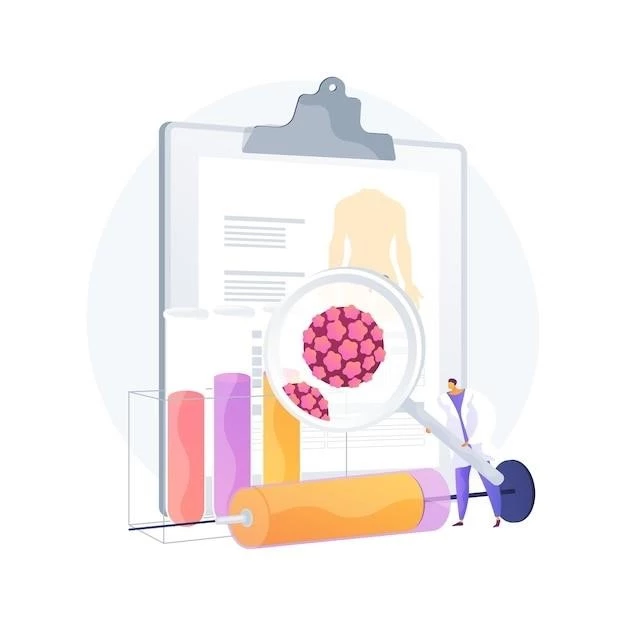Understanding Chronic Myelogenous Leukemia Symptoms.
Symptoms of Chronic Myelogenous Leukemia
Common symptoms include fatigue, weight loss, night sweats, and abdominal fullness.
Diagnosis of Chronic Myelogenous Leukemia
Diagnosis involves blood tests, bone marrow biopsy, and genetic testing to confirm the presence of the Philadelphia chromosome.
Treatment Options for Chronic Myelogenous Leukemia.
Targeted Therapy
Targeted therapy aims to specifically attack cancer cells while minimizing damage to healthy cells. Drugs like imatinib, dasatinib, and nilotinib are commonly used in CML treatment.
Stem Cell Transplant
Stem cell transplant may be considered if other treatments don’t work. It involves replacing diseased bone marrow with healthy stem cells to help the body make normal blood cells.
Lifestyle Changes to Manage Chronic Myelogenous Leukemia.
Diet and Nutrition
Eating a well-balanced diet rich in fruits, vegetables, whole grains, and lean proteins can support overall health during chronic myelogenous leukemia treatment. Staying hydrated and managing any digestive issues are also essential.
Exercise and Physical Activity
Regular exercise can help manage fatigue, improve mood, and maintain muscle strength and flexibility. It is important to consult with healthcare providers to create a safe and suitable exercise plan based on individual needs and capabilities.
Chronic Myelogenous Leukemia⁚ Causes and Risk Factors.
Genetic Mutations
Chronic Myelogenous Leukemia is often characterized by the presence of the Philadelphia chromosome resulting from a translocation between chromosomes 9 and 22. This creates the BCR-ABL gene, causing the abnormal growth of white blood cells.
Risk Factors
Factors that may increase the risk of developing Chronic Myelogenous Leukemia include exposure to high levels of radiation, certain genetic disorders like Down syndrome, and previous treatment with chemotherapy or radiation therapy for other cancers.
Supportive Care for Chronic Myelogenous Leukemia Patients.
Pain Management
Chronic Myelogenous Leukemia patients may experience pain due to the disease itself or as a side effect of treatment. Pain management strategies can include medications, physical therapy, and complementary therapies to enhance quality of life.
Emotional Support
Dealing with Chronic Myelogenous Leukemia can be emotionally challenging. Emotional support from family, friends, support groups, and mental health professionals is crucial for coping with the stress, anxiety, and uncertainty that may accompany the diagnosis and treatment of the disease.
Research Advances in Chronic Myelogenous Leukemia.
New Targeted Therapies
Ongoing research in Chronic Myelogenous Leukemia has led to the development of new targeted therapies that specifically target the BCR-ABL protein, such as ponatinib and bosutinib. These therapies offer alternative treatment options and improved outcomes for patients.
Immunotherapy
Immunotherapy, a promising field in Chronic Myelogenous Leukemia research, involves using the body’s immune system to target and destroy cancer cells. Checkpoint inhibitors, monoclonal antibodies, and other immunotherapies are being investigated for their potential in treating CML.
Coping Strategies for Chronic Myelogenous Leukemia Patients.
Mindfulness and Meditation
Practicing mindfulness and meditation can help Chronic Myelogenous Leukemia patients reduce stress, enhance emotional well-being, and improve overall quality of life. These techniques enable individuals to focus on the present moment and manage anxiety related to the condition.
Communication with Healthcare Team
Effective communication with the healthcare team is vital for Chronic Myelogenous Leukemia patients. Openly discussing treatment plans, addressing concerns, and seeking clarifications can lead to better collaboration and personalized care, ensuring the best possible outcomes.

Chronic Myelogenous Leukemia in Children⁚ What You Need to Know
Symptoms in Children
Chronic Myelogenous Leukemia symptoms in children may include fatigue, pale skin, frequent infections, and unexplained weight loss. It’s essential for parents and caregivers to recognize these signs and seek prompt medical attention for proper diagnosis and treatment.
Treatment Approaches for Children
Treatment for Chronic Myelogenous Leukemia in children may involve targeted therapy, chemotherapy, and in some cases, stem cell transplant. Early and comprehensive treatment plans tailored to each child’s condition are crucial for successful management of the disease.
